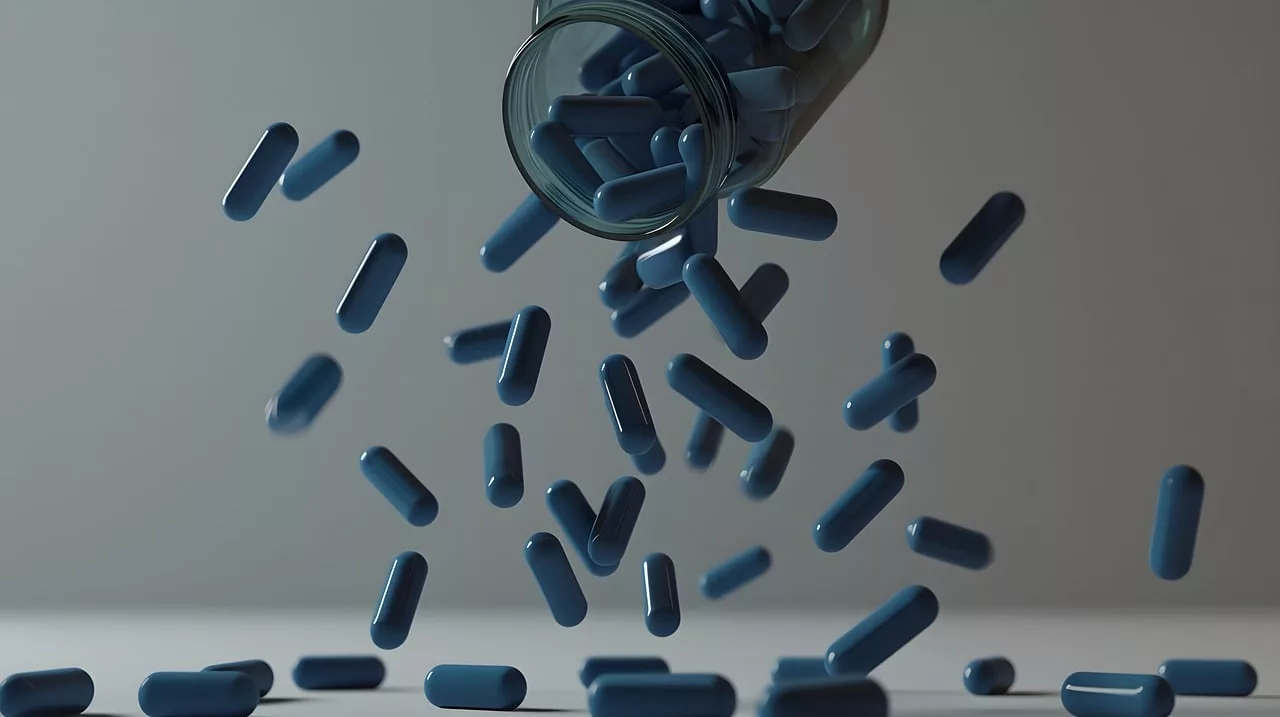
BISMARCK, N.D. (NewsDakota.com) – More than a dozen agencies across North Dakota received grant funding totaling over $7 million from the North Dakota Opioid Settlement Fund (OSF) Grant in January. These funds have been pivotal in supporting a range of initiatives, including prevention, early intervention, treatment, and recovery efforts, as well as enhancing the state’s behavioral health workforce.
In the past six months, nearly 900 North Dakotans have benefited from the programs and services funded by these grants, a media release states. The Opioid Settlement Advisory Committee, chaired by Lt. Gov. Tammy Miller, oversees the distribution of the funds. Miller noted that the grants are already significantly impacting the state’s behavioral health landscape.
Sanford Medical Center in Fargo received $397,430 to expand its opioid use disorder treatment capabilities. The center has trained 15 prescribers on best practices for prescribing medications for opioid use disorder (MOUD). Two new providers have started prescribing MOUD, with the center making progress toward becoming a licensed Substance Use Disorder Treatment program.
In Grand Forks, Community Medical Services was awarded $452,389 to support its Opioid Treatment Program, serving an additional 22 individuals. Endeavor Sober Living in Minot utilized $535,000 to establish a recovery house, serving 14 individuals. Meanwhile, Minot’s First District Health Unit received $66,681 to expand its Syringe Service Program, serving 13 new individuals and referring 10 others to treatment or medical care. The program also reported improvements in substance use, employment status, and housing for several participants.
Court treatment services have also benefited, with the Northeast Central Judicial District Drug Court in Grand Forks and the Richland County Treatment Court in Wahpeton collectively receiving $188,000. These funds provided treatment services to 11 new individuals and supported improvements in employment and housing for several participants.
Statewide initiatives have seen significant progress as well. The North Dakota State University (NDSU) Opioid and Naloxone Education (ONE) Program received $82,537. The program collaborated with tribal health directors and installed 76 Be the ONE boxes in tribal communities, providing education and resources on Narcan administration. The Training Academy of Addiction Professionals, operated by the Heartview Foundation, was awarded $613,002 to establish four new licensed addiction counselor (LAC) training sites. The academy also added 14 new LAC clinical supervisors, supported 10 LAC trainees with paid internships, and saw eight individuals graduate as LACs or licensed master addiction counselors, with five receiving licenses to practice in North Dakota.
USpireND’s Healthy Families North Dakota program received $130,075 to support 78 families statewide, including 11 involving incarcerated individuals, in counties such as Barnes, Burleigh, and Cass. Community Connect, through a grant of $3.9 million, provided recovery support services for 614 individuals through 49 local providers across North Dakota.
Pamela Sagness, Director of North Dakota Health and Human Services Behavioral Health Division, expressed optimism about the progress made, stating that the state is committed to ensuring access to treatment and recovery services as opioid settlement funds continue to be received over the next 18 years.
To date, North Dakota has received approximately $19 million from national opioid settlements, with an additional $60 million expected over the next 18 years. The funds are part of ongoing efforts to address and remediate the public health crisis caused by the opioid epidemic.
